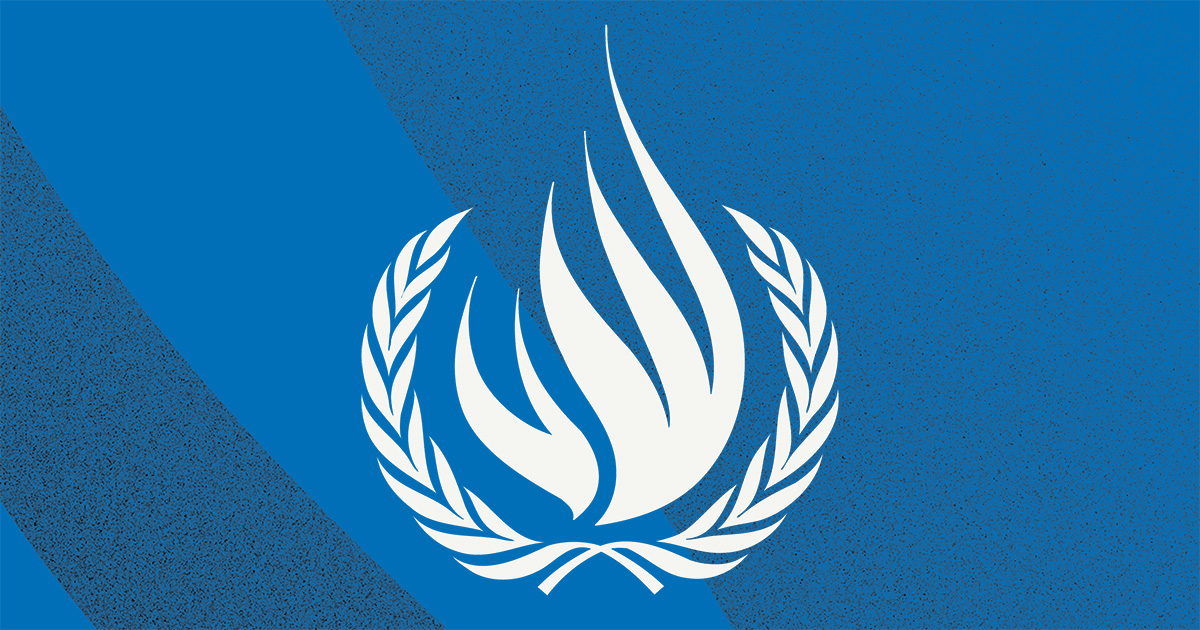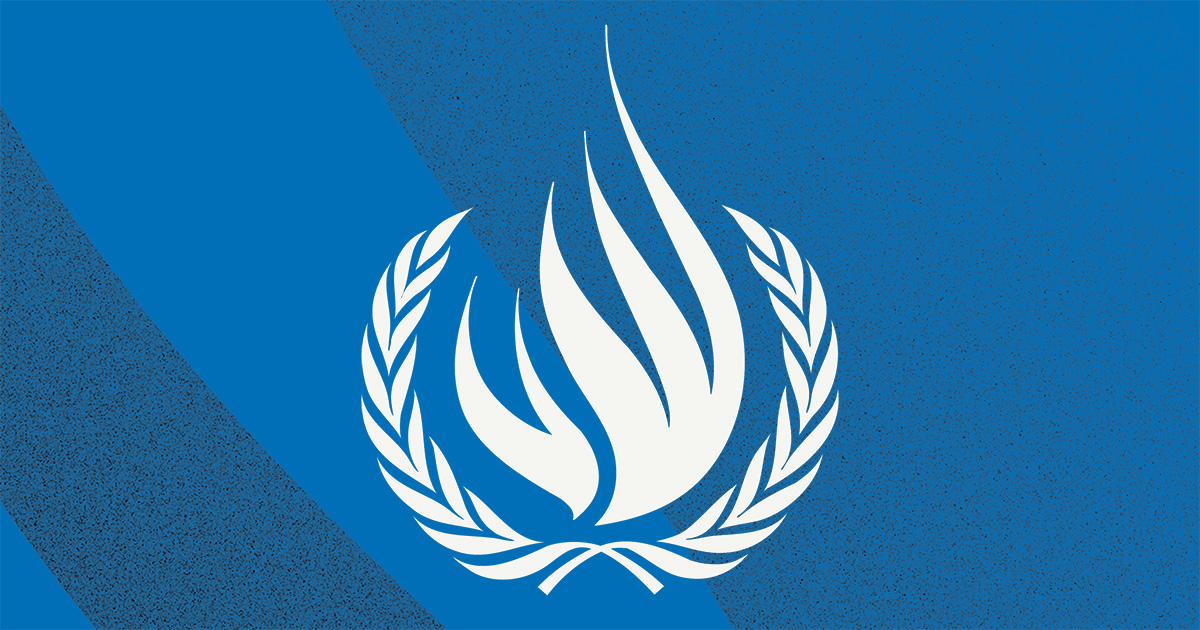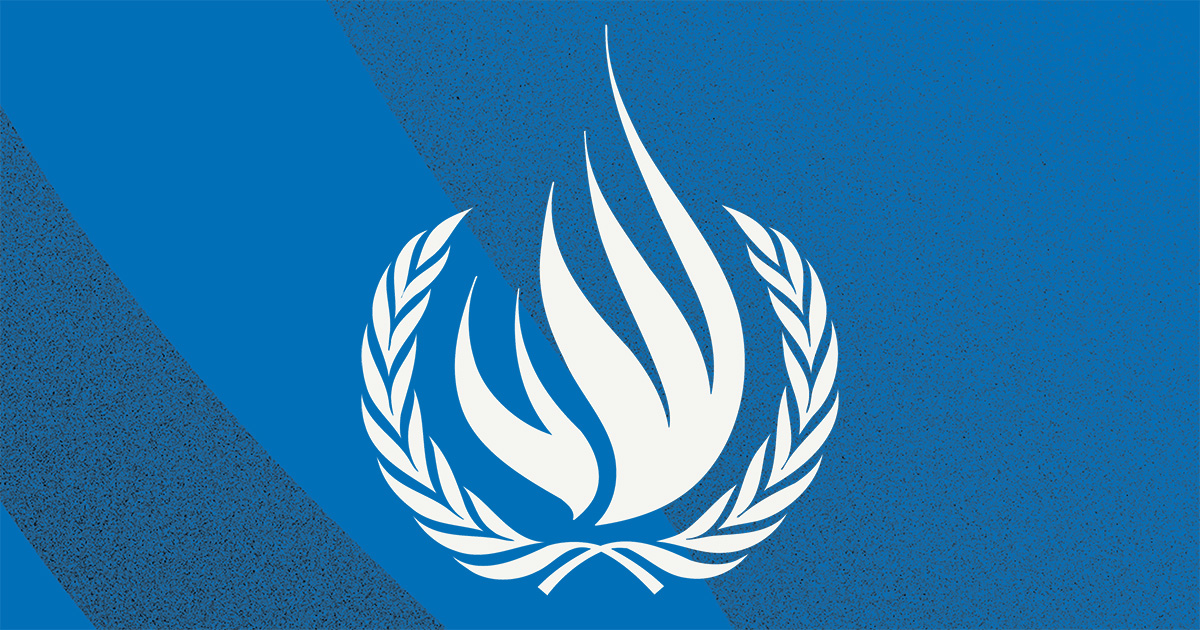
GENEVA (15 September 2022) –Minority communities in all regions of the world are subjected to contemporary forms of slavery, a UN expert said in a report presented to the Human Rights Council today.
“Deep-rooted and systematic discrimination often resulting from historical legacies such as slavery, colonisation, systems of inherited status, and formalised and State-sponsored discrimination render minority communities vulnerable to contemporary forms of slavery,” said Tomoya Obokata, UN Special Rapporteur on contemporary forms of slavery.
“Dalits in South Asia are subjected to bonded labour, Uighur and other minorities in China are exposed to forced labour, Roma women and girls are forced to marry, people of African descent are globally subjected to labour exploitation and minority and migrant children are disproportionately affected by child labour,” Obokata said.
The Special Rapporteur’s report highlighted that minority women and girls were particularly affected by poverty, ethnic prejudice and intersecting forms of discrimination. “As a result, they often work in the informal sector and are not recognised as workers, which lays the ground for sexual and labour exploitation,” Obokata said.
The Special Rapporteur also said that migrant workers globally face a disproportionate risk of being subjected to forced labour and many fall into debt bondage due to excessive recruitment fees.
In his report, Obokata also documented instances of child labour, domestic servitude, sexual slavery, chattel slavery and forced and/or child marriage.
Obokata urged Member States to adopt temporary special measures to ensure that members of minority communities have access to education and employment. He urged states to formalise the informal economy as a means of preventing contemporary forms of slavery.
“I call on Member States to identify and eliminate all forms of discrimination against minority communities and ensure that everyone, regardless of descent, gender, inherited or migration status is able to access decent work,” he said.
ENDS
Mr. Tomoya Obokata was appointed UN Special Rapporteur on contemporary forms of slavery in March 2020. Mr. Obokata is a Japanese scholar of international law and human rights, specialising in transnational organised crime, human trafficking and modern slavery. He currently serves as Professor of International Law and Human Rights at Keele University, and previously taught at Queen"s University Belfast and Dundee University (all in the United Kingdom Great Britain and Northern Ireland).
The Special Rapporteurs are part of what is known as the Special Procedures of the Human Rights Council. Special Procedures, the largest body of independent experts in the UN Human Rights system, is the general name of the Council’s independent fact-finding and monitoring mechanisms that address either specific country situations or thematic issues in all parts of the world. Special Procedures’ experts work on a voluntary basis; they are not UN staff and do not receive a salary for their work. They are independent from any government or organization and serve in their individual capacity.
For more information and media requests, please contact
Satya Jennings
(satya.jennings@un.org)
For media enquiries regarding other UN independent experts, please contact
Renato Rosario De Souza
(renato.rosariodesouza@un.org) or
Dharisha Indraguptha
(dharisha.indraguptha@un.org)
Follow news related to the UN’s independent human rights experts on Twitter: @UN_SPExperts.
Concerned about the world we live in?
Then STAND UP for someone’s rights today.
#Standup4humanrights
and visit the web page at http://www.standup4humanrights.org









